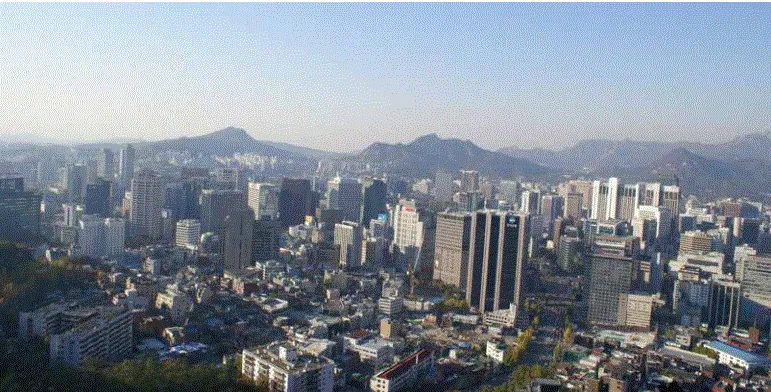
South Korea reverses energy policy to focus on natural gas, renewables
It eyes lessening coal's share to 21.8% by 2030.
The new government of South Korea has unveiled a new energy policy that shifts away from coal and nuclear and focuses on natural gas and renewable energies instead, according to Enerdata.
Gas-fired generation should be raised from around 18% of the power mix now to 27% by 2030, while the share of renewables - including hydropower - would rise from 5% to 20%.
Meanwhile, the share of coal should drop from around 40% to 21.8% and that of nuclear from 30% to 21.6%, based on a 2.2% average growth in electricity consumption. The existing taxes on gas-fired generation would be corrected, while environmental taxes on coal and nuclear could be levied to help that energy shift.
Here's more from Enerdata:
If implemented, this plan would be a U-turn for South Korea, which is currently the second LNG importer (behind Japan) with 43.5 Mt imported in 2016 and the fourth largest coal importer (behind China, India and Japan) with 133 Mt imported in 2016. The country's power mix is dominated by coal and nuclear, which together account for 70% of the power generation (29% nuclear and 42% coal in 2016).
The new policy would then have a major impact on producers, since South Korea's LNG import are expected to surge by more than 50% by 2030, while coal import could peak as early as 2018, under the new plans. Some experts are fearing that halting new coal-fired and nuclear power plant construction may threaten energy supply and push up electricity prices.
In May 2017, the new President announced that ten old, i.e. more than 30-year-old, coal-fired power plants would be temporarily shut down in June 2017 to reduce air pollution. During his electoral campaign, he had pledged to review existing plans to build eight nuclear reactors and nine coal-fired power plants.
This story was originally published by Enerdata.








![Cross Domain [Manu + SBR + ABF + ABR + FMCG + HBR + ]](https://cmg-qa.s3.ap-southeast-1.amazonaws.com/s3fs-public/styles/exclusive_featured_article/public/2025-01/earth-3537401_1920_4.jpg.webp?itok=WaRpTJwE)
![Cross Domain [SBR + ABR]](https://cmg-qa.s3.ap-southeast-1.amazonaws.com/s3fs-public/styles/exclusive_featured_article/public/2025-01/pexels-jahoo-867092-2_1.jpg.webp?itok=o7MUL1oO)









 Advertise
Advertise


